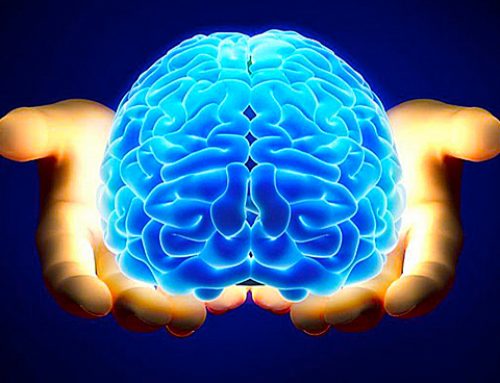Charles Aznavour sang: “I think that misery would be less painful in the sun”; in fact we all believe that the beautiful days positively influence our mood. Even doctors and researchers have the same opinion, as the research on the positive effects of light on the physiological and psycho-emotional brain is innumerable.
The light not only inhibits the secretion of a hormone that has a “sleeping pill”, melatonin, known to play a key role in circadian rhythm (the sleep-wake cycle), but also affects the cognitive states of the brain.
In fact if our body contains more this hormone then feel the need to sleep more. The blood levels of melatonin increase gradually during the night, reaching a peak around about three or four in the morning.
For several years you know the effects of light on some proteins present in certain receptors in the retina, called melanopsin, which would activate the brain of the area to call “non-visual”. Melanopsin, especially in invertebrates, would be more activated by blue light.
Studies carried out in recent months Inserm in Paris would seem to shed light on the implication of these cells on the human brain.
Through the use of functional MRI has been able to associate the specific area of the brain based on a certain colour: orange light exposure for more than an hour before performing a cognitive task as a hearing test (storage words and their position in a list) stimulates the brain’s response and improves the realization of this work, specifically in the thalamus, in the dorsolateral prefrontal cortex and ventrolateral.
It is the so-called “memory photic”.
In general the light of our environment evolves in the course of the day and these changes modify our state.
These studies show promisingly the cognitive role of melanopsin.
Perhaps that is why it is recommended to work in daylight rather than the blue screen of a computer!





